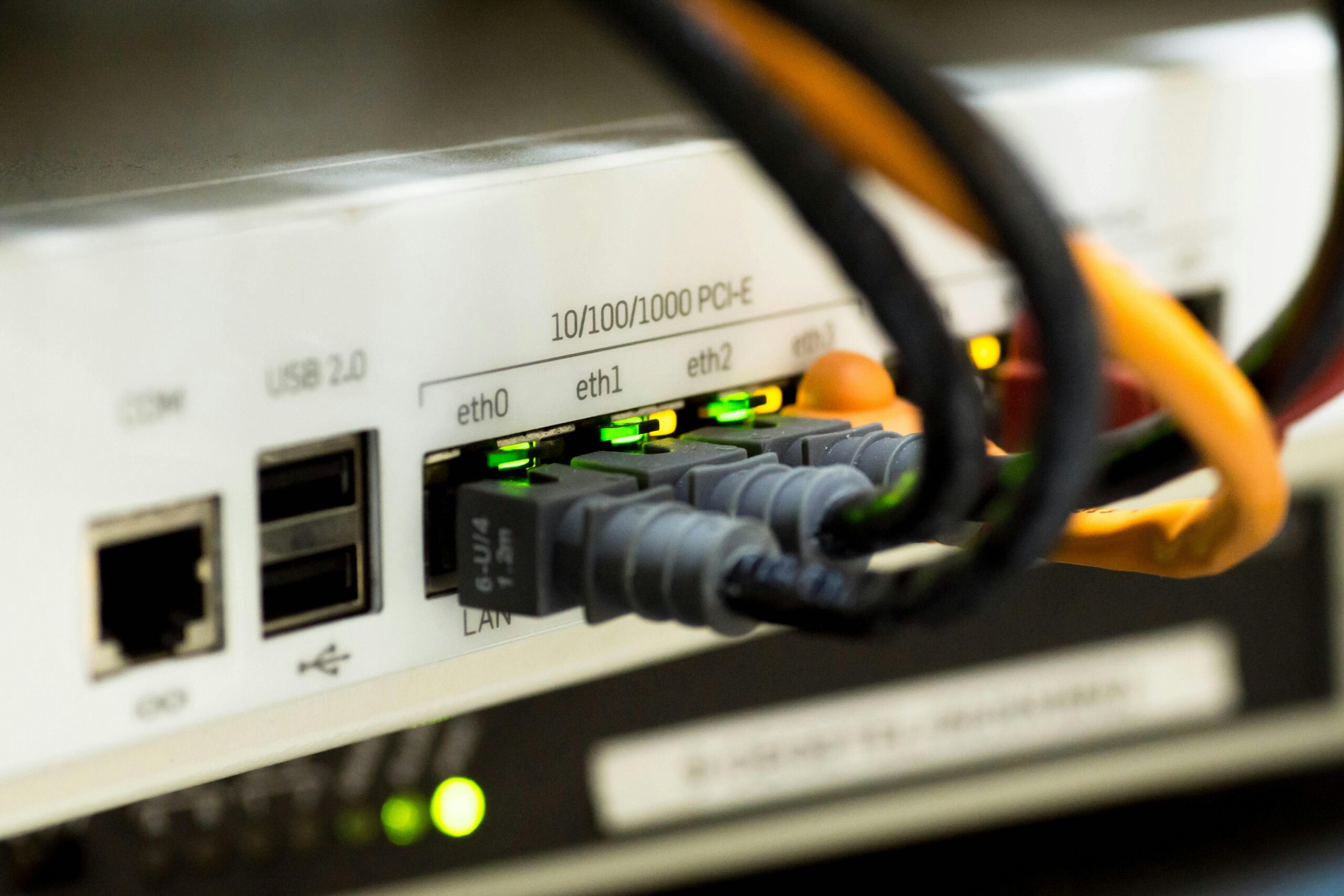ASML
-
Former ASML Employee Faces Court Over Alleged Industrial Espionage Ties to Russia
A former ASML employee, German A., faces allegations of industrial espionage in a Rotterdam court, accused of leaking sensitive chip-making secrets to Russian intelligence. The case raises concerns about security practices in the semiconductor industry amid geopolitical tensions.

